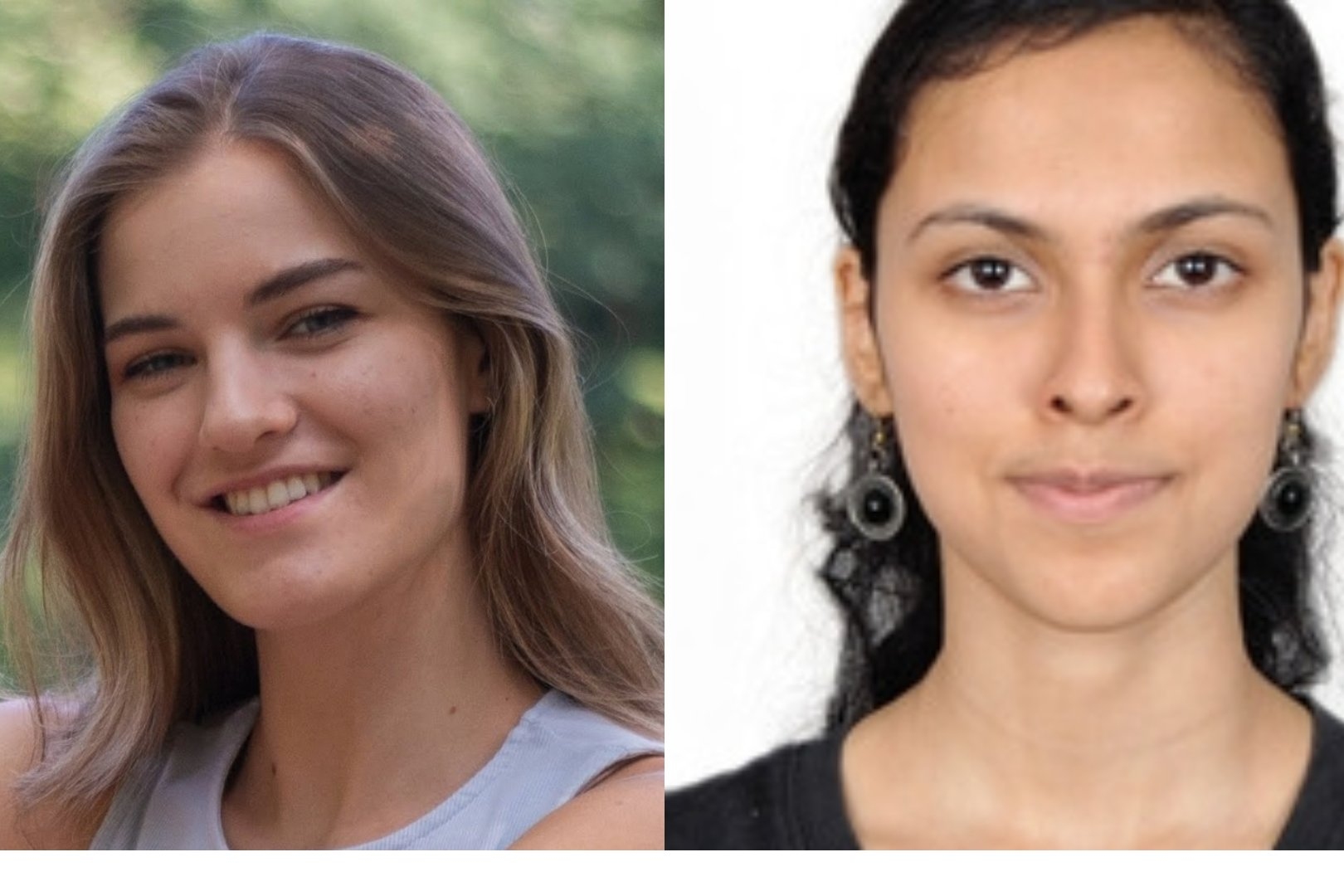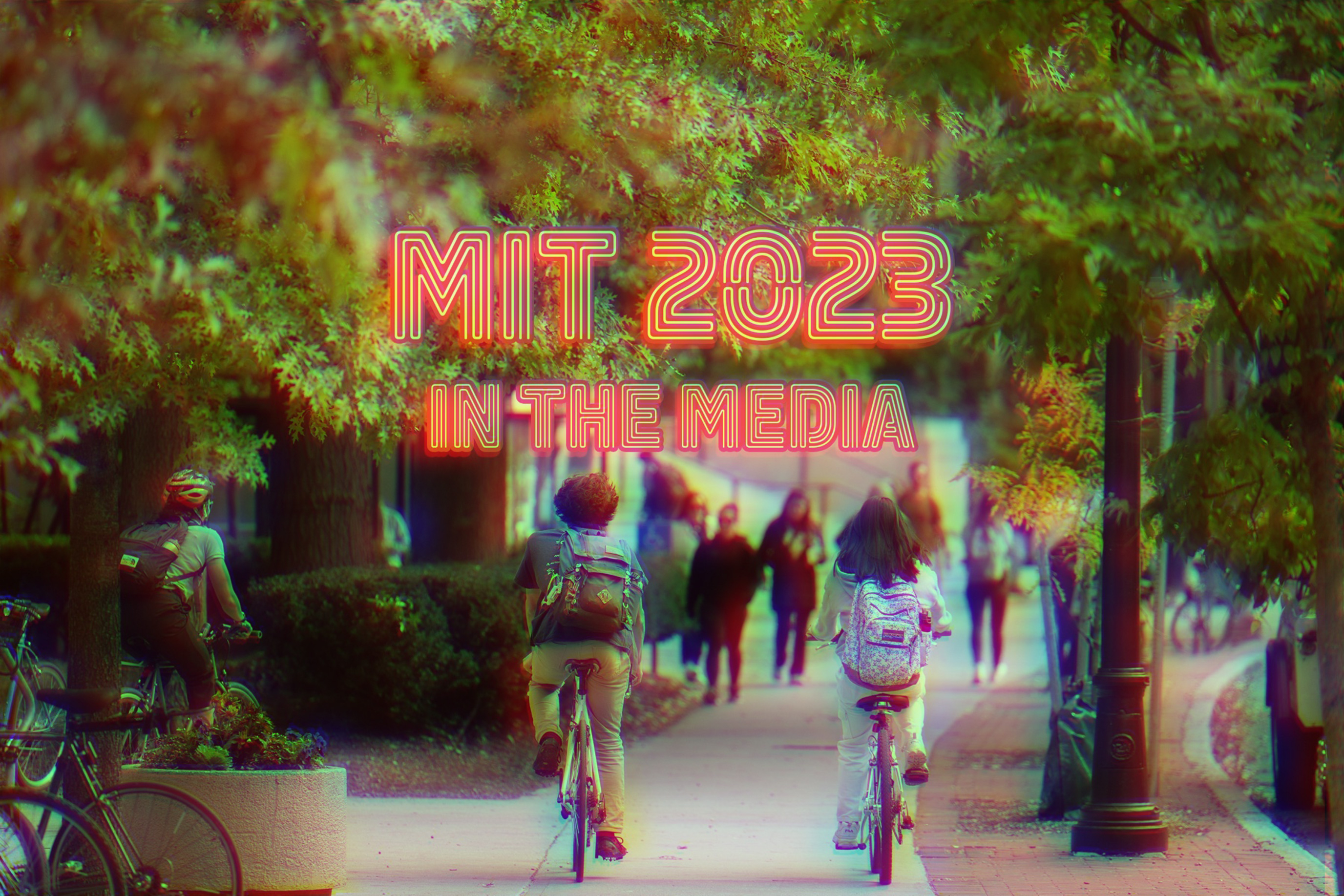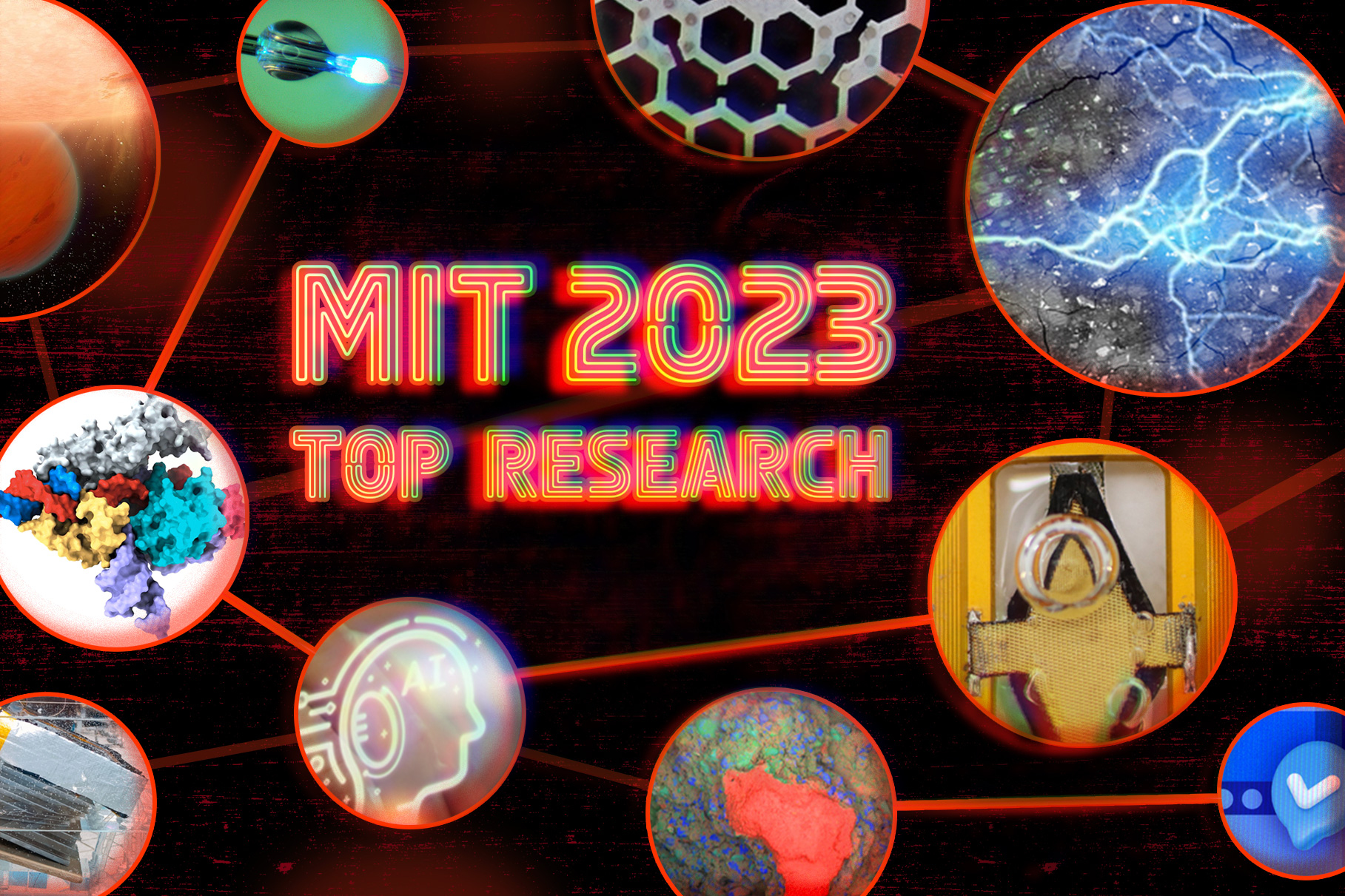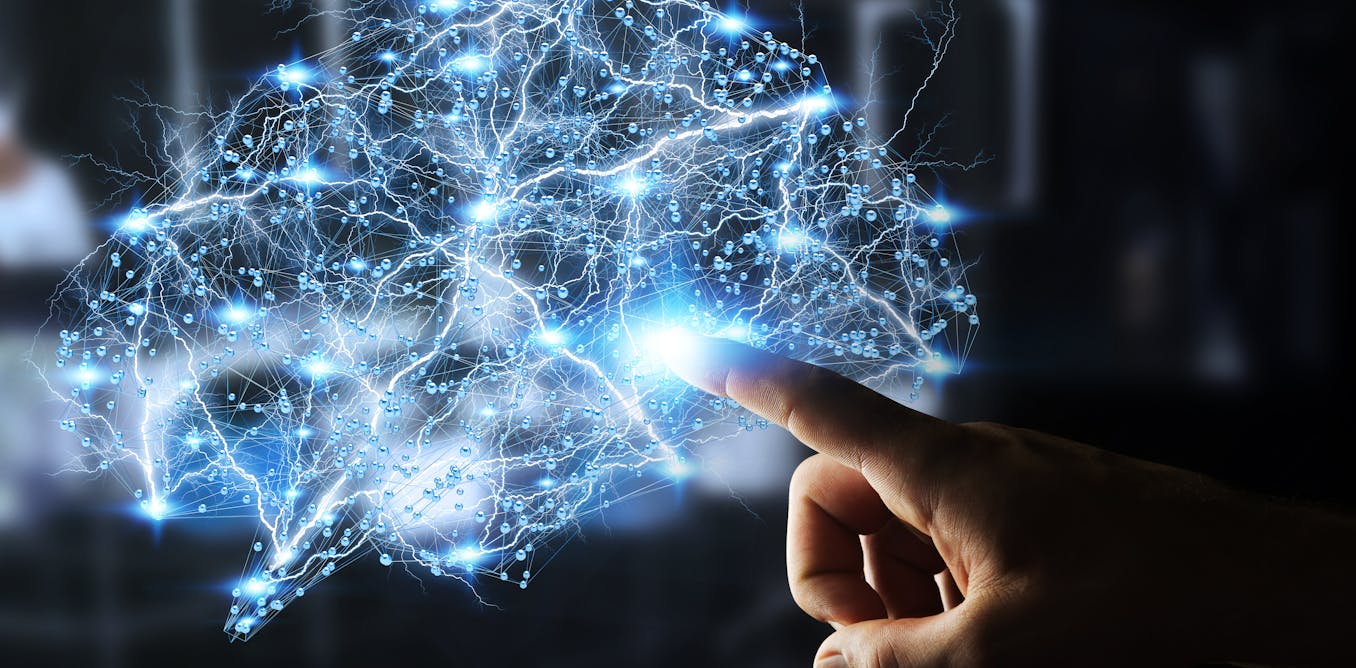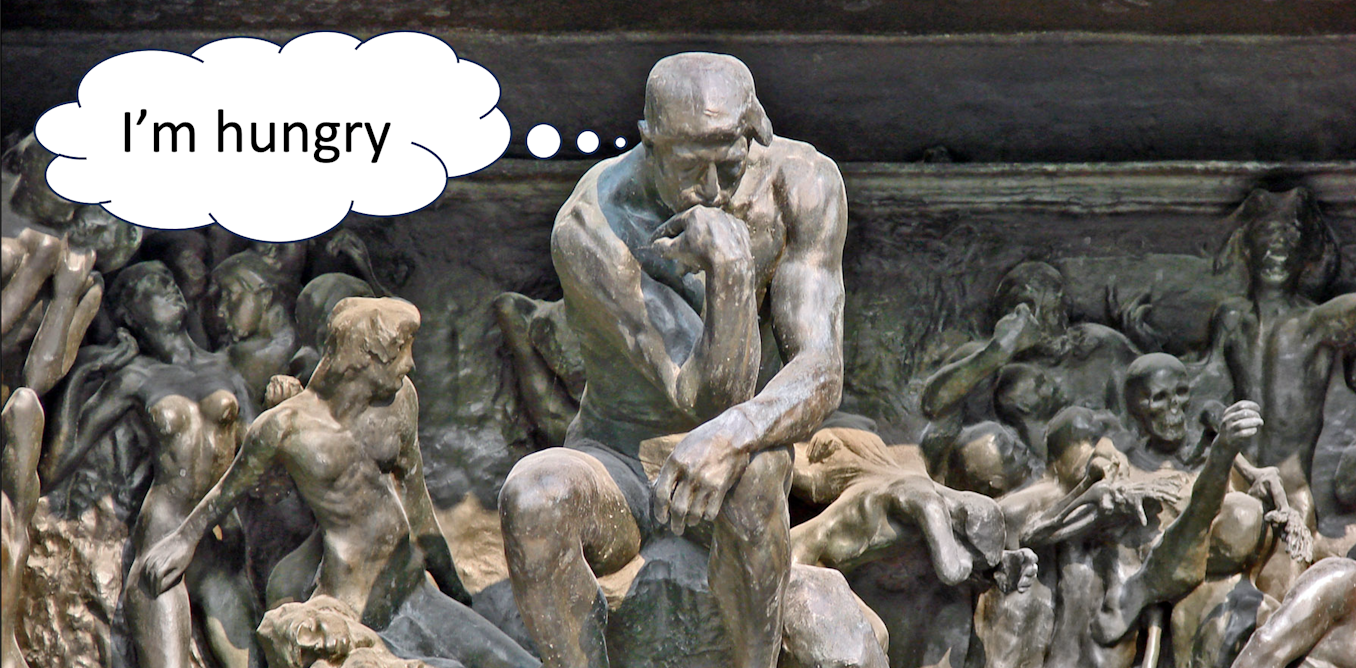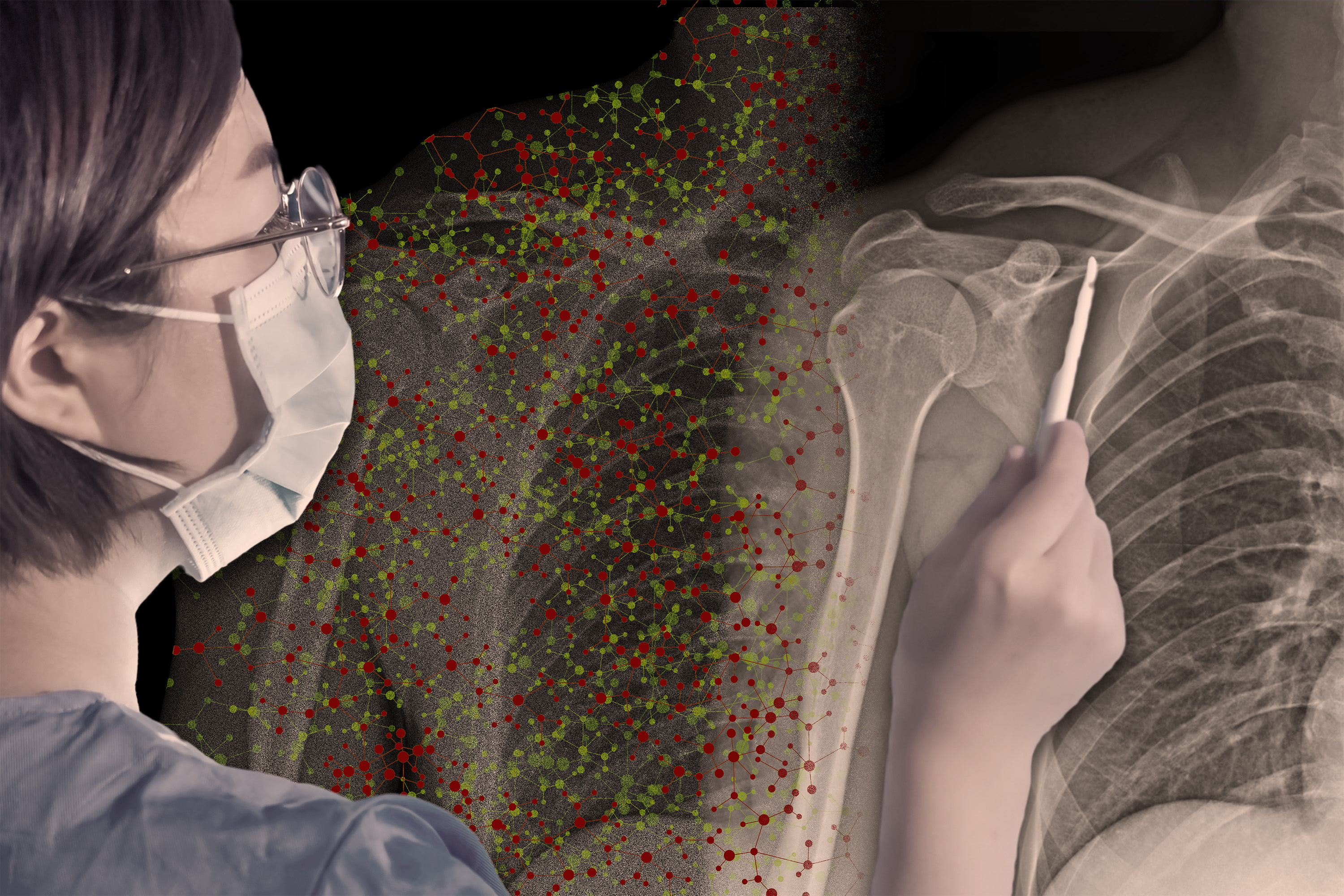A new supercomputer aims to closely mimic the human brain — it could help unlock the secrets of the mind and advance AI
Neuromorphic computers aim to one day replicate the amazing efficiency of the brain.
Domenico Vicinanza, Associate Professor of Intelligent Systems and Data Science, Anglia Ruskin University •
conversation
Dec. 18, 2023 • ~7 min
Dec. 18, 2023 • ~7 min
Human intelligence: how cognitive circuitry, rather than brain size, drove its evolution
The human brain uses up 20% of the energy we consume.
Marta Mirazon Lahr, Reader in Human Evolutionary Biology & Director of the Duckworth Collection, University of Cambridge •
conversation
Dec. 13, 2023 • ~7 min
Dec. 13, 2023 • ~7 min
Human trafficking, sexual abuse and exploitation: the 'loss and damage' from climate change a fund will not compensate
Though hard to quantify, the social consequences of climate change are vast.
Sonja Ayeb-Karlsson, Associate Professor in Policy and Intersectionality, UCL & Honorary Senior Researcher, United Nations University •
conversation
Dec. 12, 2023 • ~8 min
Dec. 12, 2023 • ~8 min
/
92

